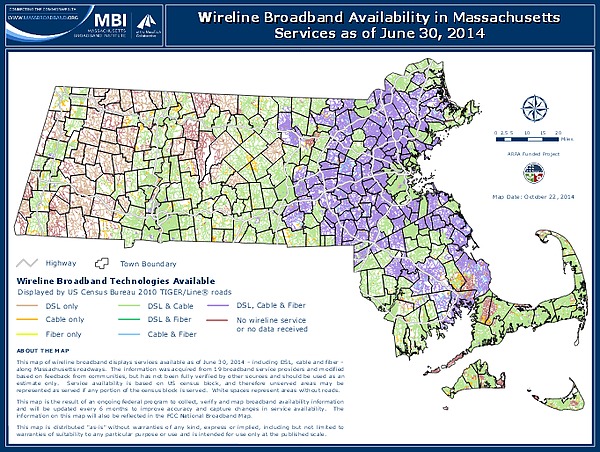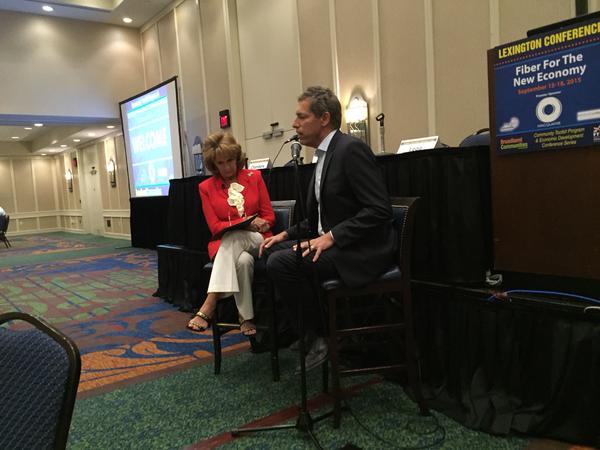U.S. broadband providers invested $78 billion in network infrastructure in 2014, according to a new analysis of capital expenditures data for wireline, wireless and cable broadband providers. The 2014 investment expenditure was $3 billion, or 4 percent, greater than the $75 billion invested in 2013 and $14 billion, or 22 percent, greater than the $64 billion invested just five years ago in 2009 amidst the financial crisis.Of the 2014 total, the wireline industry invested $28 billion, or 36 percent of the industry aggregate, compared to 43 percent for wireless and 21 percent for cable.
From 1996 through 2014, broadband providers have made $1.4 trillion in capital investments with wireline providers investing more than $720 billion, or 52 percent of this total, compared to 32 percent for wireless and 16 percent for cable. These surging investment levels have taken place during a period of light regulation, which has come to an abrupt end with the Federal Communications Commission’s (FCC) decision(link is external) to impose public utility rules on broadband providers. It is difficult to predict the near-term impact of this decision on investment, but numerous economic analyses(link is external) forecast negative long-term consequences on investment, innovation and other long-term economic benefits that come with broadband investment. Continue reading









